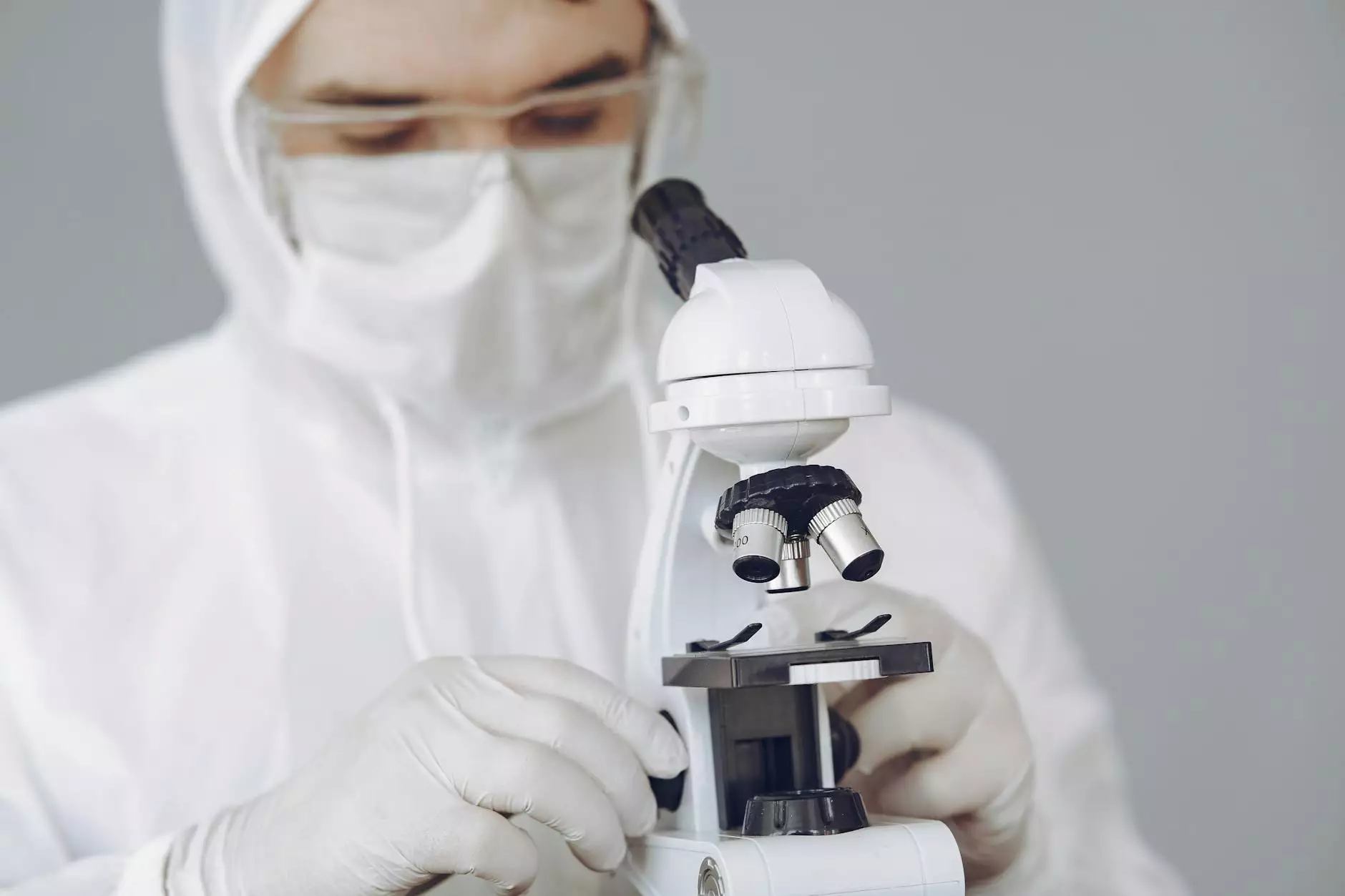How Non Smokers Get Lung Cancer

The Unexpected Truth Behind Non-Smokers and Lung Cancer
When discussing lung cancer, many people automatically associate it with smoking. However, it may come as a surprise to learn that non-smokers can also develop this devastating disease. In this article, we will explore the factors that contribute to the risk of lung cancer in non-smokers and shed light on this perplexing phenomenon.
Understanding the Risk Factors
While the majority of lung cancer cases occur in smokers, a significant number of non-smokers are also affected. Several risk factors have been identified, highlighting the complex nature of this disease:
1. Secondhand Smoke Exposure
One of the most common factors contributing to lung cancer in non-smokers is exposure to secondhand smoke. Breathing in the smoke exhaled by smokers or the fumes from burning tobacco products increases the risk of developing lung cancer, especially if the exposure is frequent and prolonged.
2. Radon Gas Exposure
Radon is a colorless and odorless radioactive gas that occurs naturally in the environment. It is formed by the breakdown of uranium in soil, rock, and water. Prolonged exposure to high levels of radon gas can increase the risk of lung cancer in both smokers and non-smokers.
3. Occupational Hazards
Certain occupational environments expose individuals to harmful substances known to cause lung cancer. Examples include asbestos, diesel exhaust, and some chemicals found in workplaces such as factories, mines, and construction sites. Even non-smokers who work in these industries face an increased risk of developing lung cancer.
4. Genetic Factors
Some individuals may possess genetic factors that make them more susceptible to developing lung cancer, even in the absence of smoking or exposure to other known risk factors. These genetic mutations can increase the likelihood of cancer development and are more commonly seen in certain populations.
5. Environmental Air Pollution
Poor air quality due to environmental pollution, such as vehicle emissions, industrial emissions, and the burning of fossil fuels, has been linked to an increased risk of developing lung cancer. Non-smokers who reside in heavily polluted areas are particularly vulnerable.
Addressing the Misconceptions
Given that smoking is the primary cause behind a majority of lung cancer cases, it is essential to dispel common misconceptions about non-smokers developing the disease:
1. Non-Smokers Can Get Lung Cancer
It is crucial to recognize that lung cancer can affect anyone, regardless of their smoking history. Non-smokers should not dismiss potential symptoms or avoid regular check-ups assuming they are immune to lung cancer.
2. Non-Smokers Deserve Support
Support and empathy for non-smokers who develop lung cancer are vital. Blaming the individual or assuming they must have been exposed to smoke undermines their struggle and the seriousness of the disease.
Prevention and Early Detection
While it may not always be possible to completely eliminate the risk of lung cancer, there are steps that non-smokers can take to reduce their chances of developing the disease:
1. Minimize Exposure to Secondhand Smoke
Avoiding places where smoking is allowed or actively removing oneself from areas with secondhand smoke can significantly lower the potential risk.
2. Test for Radon Gas
Testing the radon levels in homes or workplaces can help identify potential exposure risks. If high levels are detected, professional mitigation services can be employed to reduce the risk.
3. Workplace Safety Measures
If employed in industries with known occupational hazards, following proper safety protocols and utilizing protective equipment is crucial. Regular health check-ups are also recommended to ensure any early signs of lung cancer are detected.
4. Support Advocacy for Clean Air
Supporting initiatives that aim to reduce air pollution and advocating for clean air measures benefits not only individual health but also the well-being of communities at large.
Neumark Surgery: Expert Medical Care and Plastic Surgery
At Neumark Surgery, we understand the importance of comprehensive health care and providing medical services that address a wide range of concerns. Our team of experienced doctors, medical centers, and plastic surgeons is dedicated to delivering exceptional support to patients dealing with lung cancer and other health conditions.
For non-smokers who have been diagnosed with lung cancer, our experts work closely with each individual to develop personalized treatment plans. From surgical interventions to advanced therapies, we strive to provide the highest quality of care to improve outcomes and enhance the overall well-being of our patients.
Compassionate Care and Cutting-Edge Techniques
Our team of dedicated medical professionals incorporates the latest advancements in medicine to ensure the most effective treatments and surgical techniques are utilized. With a focus on both physical and emotional well-being, we guide our patients through every step of their journey.
Supporting Your Long-Term Health
At Neumark Surgery, we prioritize the long-term health of our patients, including educating them about preventive measures and lifestyle modifications that can help reduce the risk of complications and recurrence.
Conclusion
While lung cancer is frequently associated with smoking, non-smokers can also develop this illness due to various risk factors. By understanding these factors, dispelling misconceptions, and promoting prevention and early detection, we can work towards a healthier future for all. Neumark Surgery, with its expert medical care and plastic surgery services, is committed to offering support and innovative solutions to those affected by lung cancer.
how non smokers get lung cancer


